Egyptian cinema, the heart of the Arab film industry, has long been recognized for its cultural richness, historical depth, and cinematic creativity.
Known as the “Hollywood of the Middle East,” Egyptian cinema has had a profound influence on Arabic-speaking audiences and beyond, shaping and reflecting the region’s social and cultural evolution for over a century.
Originating in the early 20th century, the Egyptian film industry has produced an extensive array of movies spanning various genres, from high-octane action films and gripping dramas to heartwarming comedies and musicals.
Egyptian films often delve into the complexities of love, politics, social norms, and the human condition, providing a captivating window into Egyptian society.
Throughout its illustrious history, Egyptian cinema has seen the rise of several legendary figures.
Directors such as Youssef Chahine, known as the pioneer of Egyptian realist cinema, and actors like Omar Sharif and Faten Hamama, who became international sensations, have left an indelible mark on both Egyptian and global cinema.
Best Egyptian Movies
The following list presents some of the most noteworthy films in Egyptian cinema. Each film offers a unique exploration of the Egyptian experience, reflecting the country’s social, political, and cultural dynamics.
From golden era classics to contemporary gems, these films capture the spirit and diversity of Egyptian cinema, providing a cinematic journey through the land of the Pharaohs.
1. The Nightingale’s Prayer (1959)
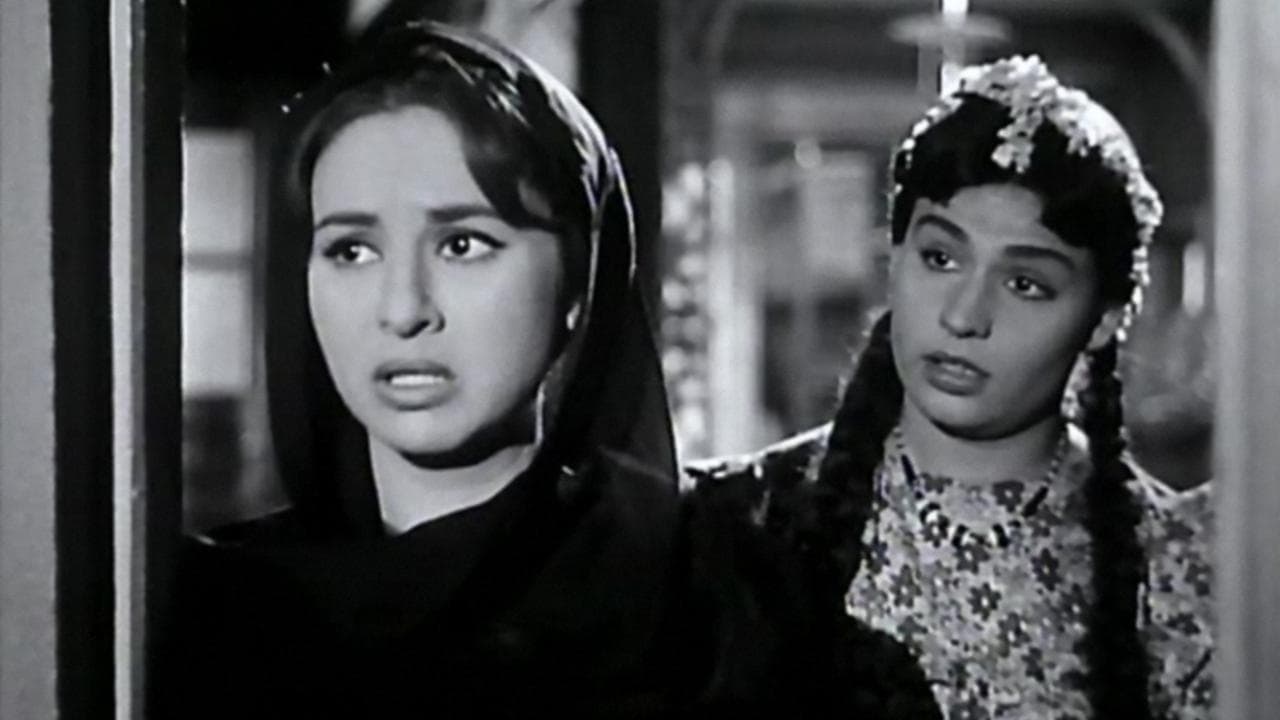

The Nightingale's Prayer
1959 • 2h 3min • ★ 7.8/10 • Egypt
Directed by: Henry Barakat
Cast: Faten Hamama, Ahmed Mazhar, Zahrat Al-Ola, Amina Rizk, Mimi Chakib
This compelling tale of love and betrayal, set in the upper Egyptian countryside, follows the story of Amna as she plots her revenge on the engineer who destroyed her family's honor.
“The Nightingale’s Prayer” (Arabic: “دعاء الكروان”, transliterated as “Doaa El Karawan”) is an Egyptian film released in 1959. It is based on the novel of the same name by Taha Hussein, an influential Egyptian writer and intellectual.
The film, directed by Henry Barakat, tells the tragic story of Amna, a young woman from a rural village in Egypt. Amna’s life takes a turn for the worse when her mother dies, and her father marries a second wife.
The family dynamics become increasingly tense and hostile, leading to a series of dramatic events that culminate in tragedy.
“The Nightingale’s Prayer” is known for its powerful storytelling and emotional impact. It explores themes of love, betrayal, revenge, and the struggles faced by women in Egyptian society at the time.
The film also addresses social and cultural issues, providing a critique of the patriarchal structures and traditional values prevalent in Egyptian society.
It is worth noting that “The Nightingale’s Prayer” is considered a classic of Egyptian cinema and is highly regarded for its performances, cinematography, and its portrayal of complex characters.
It played a significant role in establishing Faten Hamama, the lead actress, as one of Egypt’s most renowned film stars.
The movie’s themes and its exploration of social issues have contributed to its enduring popularity and cultural significance in Egyptian cinema.
- Mazhar, Ahmed, Hamama, Faten (Actors)
- Barakat, Henri (Director)
- English, French (Subtitles)
- Audience Rating: NR (Not Rated)
2. The Flirtation of Girls (1949)
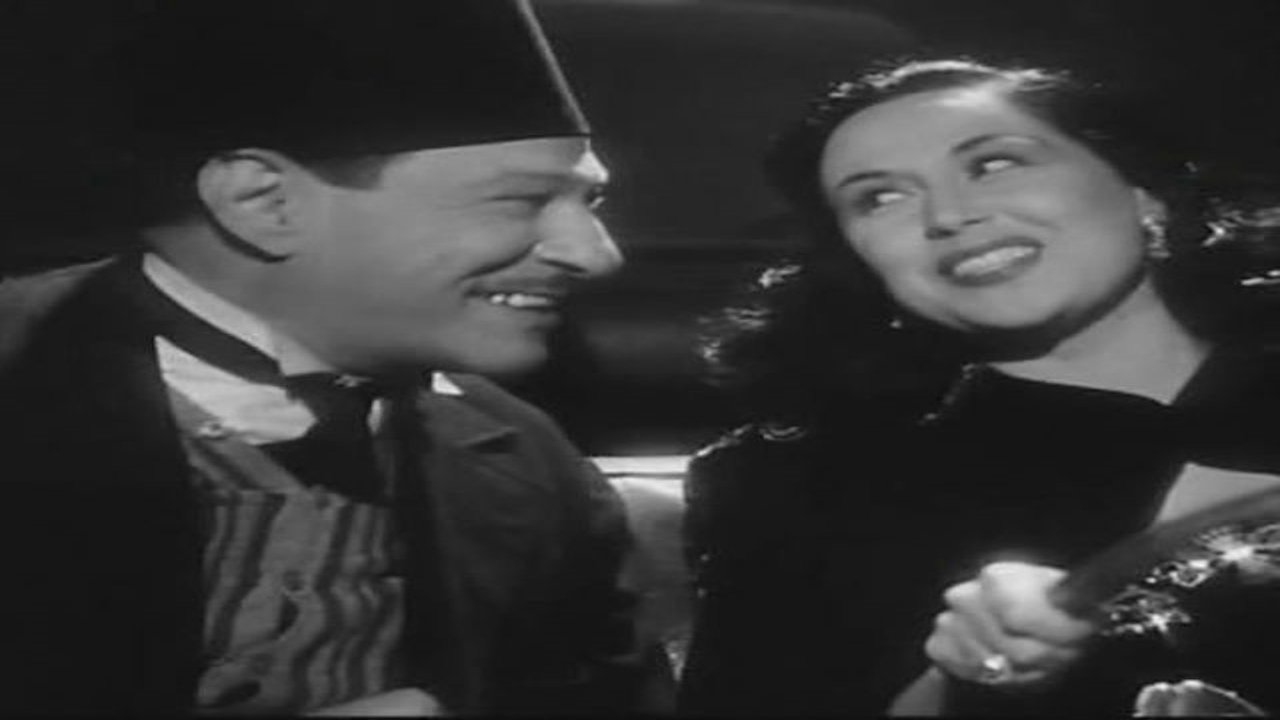
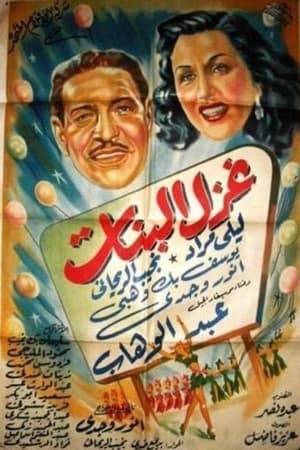
The Flirtation of Girls
1949 • 1h 46min • ★ 7.3/10 • Egypt
Directed by: Anwar Wagdi
Cast: Naguib ElRihani, Leila Mourad, Anwar Wagdi, Mahmoud El Meligy, Soliman Naguib
Hamam is a poor Arabic language teacher who gets sacked from a girls' elementary school for not being able to control mischievous students. He feels pessimistic about everything in life,but his freind,an employee working for a pasha finds him a job as a private teacher for his only daughter Laila in order to help her pass an exam. Laila treats Hamam like a friend and helps him to appreciate life and enjoy its qualities,and the man soon is drawn to her.
“The Flirtation of Girls” released in 1949. It’s possible that the film may be less well-known or not widely documented.
It’s also worth noting that my training data only goes up until September 2021, so there may be more recent developments or information about this film that I’m unaware of.
If you have any additional details or context about the film, I can try to assist you further.
For more about Egypt cinema, you can check out our overview of the best films from Egypt and our country-by-country exploration of global cinema.
3. Cairo Station (1958)
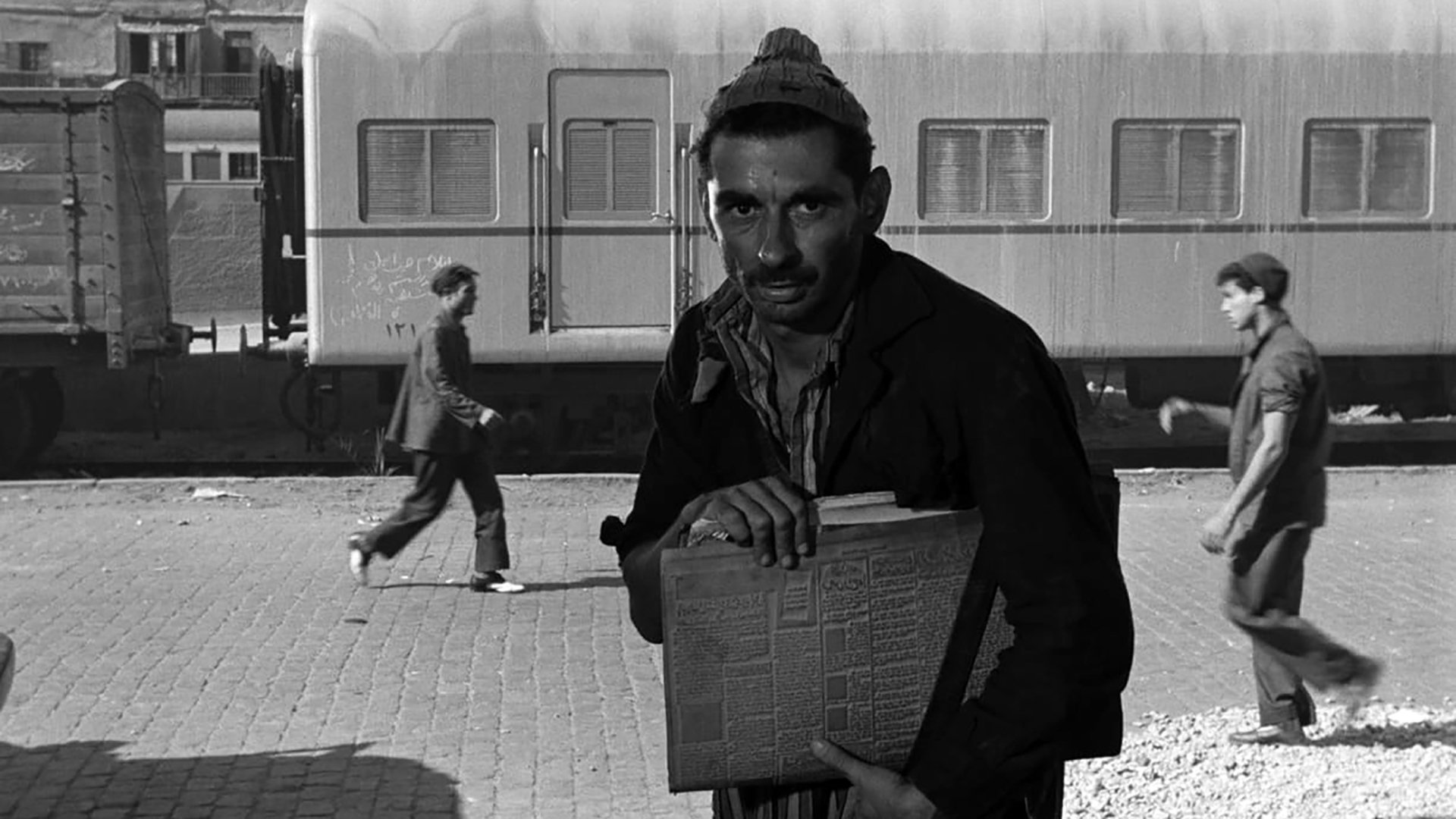
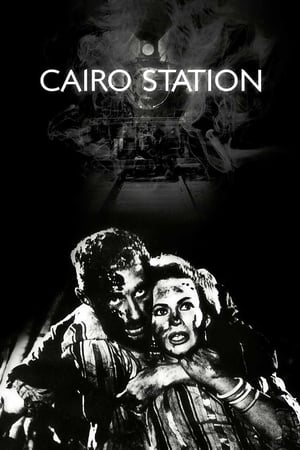
Cairo Station
1958 • 1h 17min • ★ 7.358/10 • Egypt
Directed by: Youssef Chahine
Cast: Farid Shawqy, Hind Rostom, Youssef Chahine, Hassan El Baroudy, Abdel Aziz Khalil
Qinawi, a physically challenged peddler who makes his living selling newspapers in the central Cairo train station, is obsessed with Hanuma, an attractive young woman who sells drinks. While she jokes with him about a possible relationship, she is actually in love with Abu Siri, a strong and respected porter at the station who is struggling to unionize his fellow workers to combat their boss' exploitative and abusive treatment.
“Cairo Station” (original title: “Bab el Hadid”) is a classic Egyptian film directed by Youssef Chahine. It was released in 1958 and is considered one of the most important and influential films in Egyptian cinema history.
Set primarily in Cairo’s central train station, the film follows the story of Qinawi, a troubled and socially awkward newspaper seller who becomes infatuated with a beautiful lemonade seller named Hanuma.
Qinawi’s obsession with Hanuma intensifies, leading him down a path of jealousy, desperation, and tragic consequences.
“Cairo Station” delves into various social issues prevalent in Egyptian society at the time, including poverty, gender dynamics, and the struggles of marginalized individuals. It explores themes of unrequited love, alienation, and the complexities of human behavior.
Youssef Chahine’s direction in “Cairo Station” is praised for its innovative style and strong social commentary. The film reflects the director’s desire to address societal issues and shed light on the struggles faced by ordinary people.
“Cairo Station” is notable for its powerful performances, particularly that of actor Farid Shawqi, who portrays Qinawi with remarkable depth and vulnerability. The film also features Hind Rostom as Hanuma, who became an iconic figure in Egyptian cinema.
The film received critical acclaim both domestically and internationally, and it played a significant role in establishing Youssef Chahine’s reputation as a prominent filmmaker.
“Cairo Station” remains a celebrated classic and a testament to the artistic and social impact of Egyptian cinema during that era.
- Youssef Chahine, Hind Rostom, Farid Chawki (Actors)
- Youssef Chahine (Director)
- English (Subtitle)
- Audience Rating: NR (Not Rated)
4. The Sin (1965)
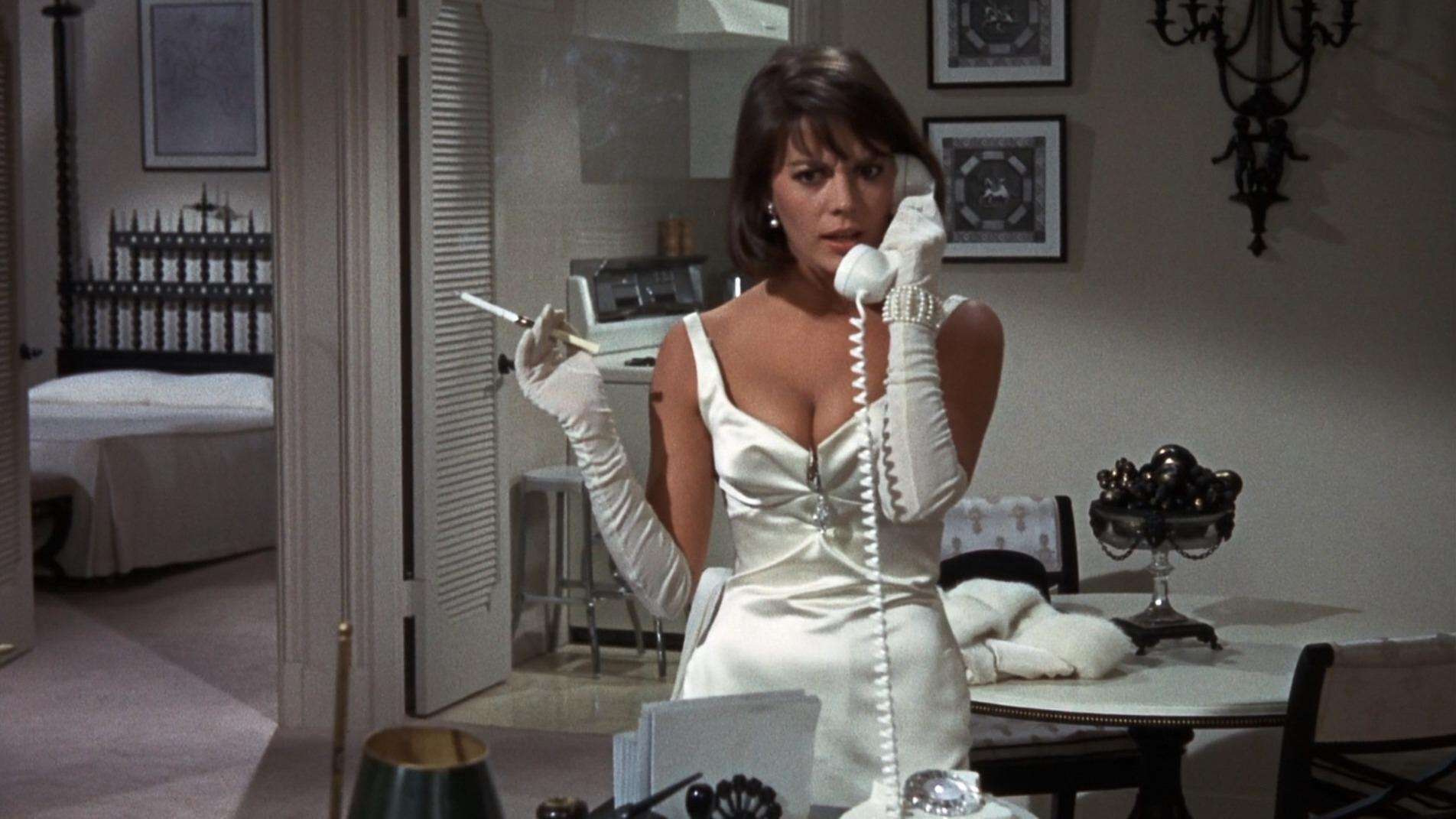

Sex and the Single Girl
She wrote the book on love!
1964 • 1h 50min • ★ 6.6/10 • United States of America
Directed by: Richard Quine
Cast: Tony Curtis, Natalie Wood, Henry Fonda, Lauren Bacall, Mel Ferrer
A womanizing reporter for a sleazy tabloid magazine impersonates his hen-pecked neighbor in order to get an expose on renowned psychologist Helen Gurley Brown.
“The Sin” released in 1965. It’s possible that the title or details might be different, or it could be a lesser-known or regional film.
If you have any additional information or if you could provide more context about the film, I’ll do my best to assist you further.
5. The Land (1969)
“The Land” (original title: “La Tierra”) is a Spanish drama film directed by Julio Medem and released in 1996. It is a visually stunning and poetic exploration of life, love, and death set in the Basque region of Spain.
The film follows three interconnected stories that take place in different time periods. The first story is set in the present day and revolves around a filmmaker, José, who is making a documentary about a remote Basque village.
The second story is set during the Spanish Civil War in the 1930s and focuses on a young boy, Manuel, who becomes caught up in the conflict. The third story is set in the future, depicting a post-apocalyptic world where survivors struggle to find meaning and hope.
“The Land” weaves these narratives together to explore themes of memory, history, identity, and the cyclical nature of life. The film’s poetic imagery and lyrical storytelling create a unique and immersive cinematic experience.
Julio Medem is known for his distinct visual style and unconventional narrative structures, and “The Land” is no exception. The film received critical acclaim for its artistic merits and its thought-provoking exploration of human existence.
Please note that the availability of “The Land” may vary depending on your location and the platforms or sources you have access to.
- Authentic, vintage theatrical-release movie poster.
- MovieArt Austin will sell NO reproductions.
6.The Night of Counting the Years (1969)
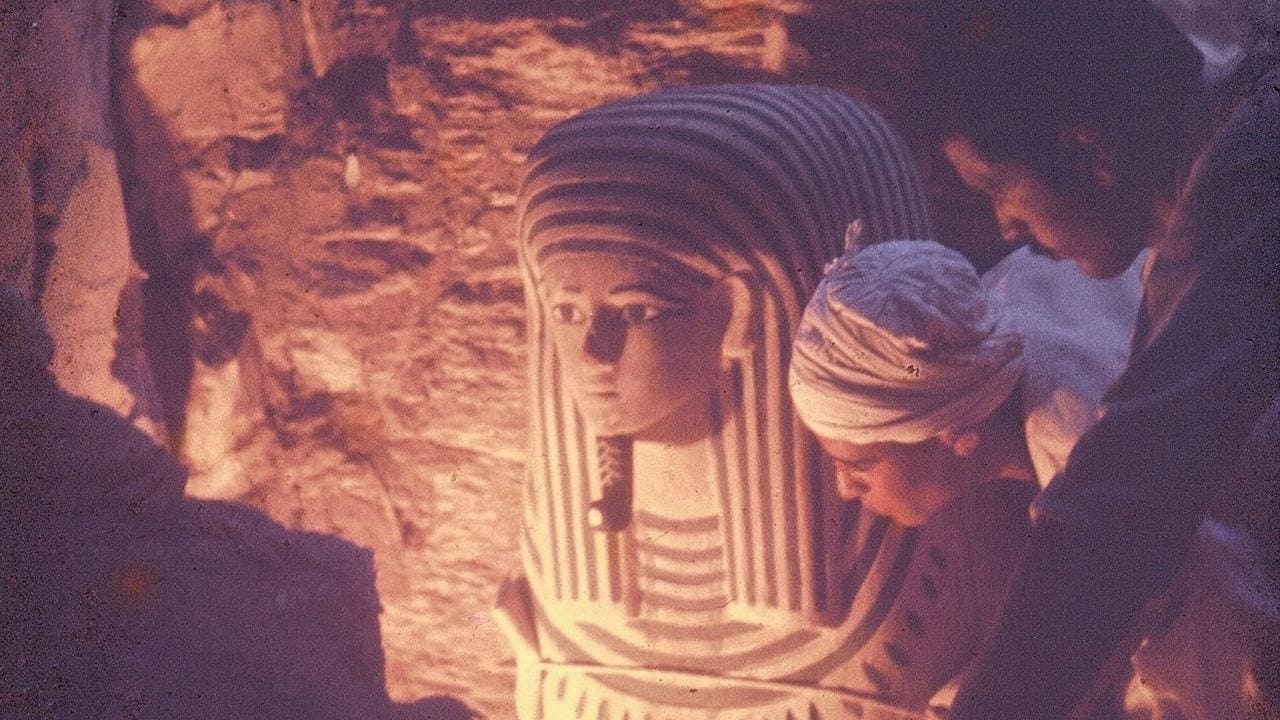
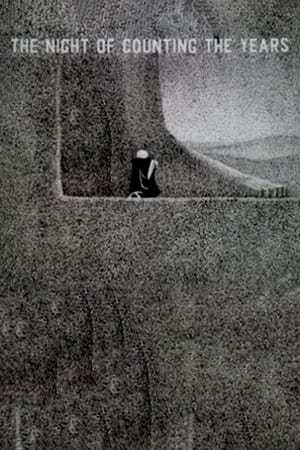
The Night of Counting the Years
The day when the years are counted
1969 • 1h 42min • ★ 7.7/10 • Egypt
Directed by: Shadi Abdel Salam
Cast: Ahmed Marei, Nadia Lotfi, Abdel Azim Abdel Haqq, Zouzou Hamdy ElHakim, Mohamed Nabih
Set in 1881, a year before the start of British colonial rule, it is based on the true story of the Abd el-Rasuls, an Upper-Egyptian clan that had been robbing a cache of mummies they have discovered at tomb DB320 near the village of Kurna, and selling the artifacts on the black market. After a conflict within the clan, one of its members made a crucial decision when the Antiquities Service arrived.
“The Night of Counting the Years” (original title: “Al-Mummia”) is a 1969 Egyptian film directed by Shadi Abdel Salam.
It is also known as “The Mummy” or “The Mummy’s Shroud.” The film is often considered a classic of Egyptian cinema and is highly regarded for its artistic and historical significance.
Set in the late 19th century, “The Night of Counting the Years” tells the story of an Egyptian family living near Luxor who have been secretly plundering and selling ancient Pharaonic artifacts from a hidden burial site.
The film explores themes of cultural heritage, identity, and the moral implications of the family’s actions.
The protagonist, Wanis, portrayed by Ahmed Marei, grapples with his loyalty to his family and his growing sense of responsibility towards preserving Egypt’s cultural legacy.
As the story unfolds, Wanis must confront the consequences of their actions and wrestles with the ethical questions surrounding the excavation and trade of ancient artifacts.
“The Night of Counting the Years” is acclaimed for its cinematography, which captures the Egyptian landscape and archaeological sites with breathtaking visuals. The film’s meticulous attention to detail in its set design and costumes also contributes to its reputation.
Initially, the film faced limited distribution and recognition, but it has gained international acclaim over time. It is now considered a landmark film in Egyptian cinema history, known for its exploration of cultural identity and heritage.
Its restoration in recent years has helped introduce it to wider audiences outside of Egypt, further solidifying its reputation as an important cinematic work.
7. The Bus Driver (1982)
“The Bus Driver” is a drama film directed by Masoud Kimiai and released in 1982. The film is also known as “Sofreh Irani” in its original Persian title.
Set in Iran, it explores the life of a bus driver named Hashem (played by Nasser Malekmotei) and the challenges he faces in his daily routine.
The story follows Hashem as he drives his bus through the chaotic streets of Tehran, encountering various passengers along the way.
Through his interactions with the diverse group of people on his bus, the film touches on themes of social inequality, corruption, and the struggles faced by ordinary citizens in Iranian society.
“The Bus Driver” provides a critical examination of the socio-political landscape of Iran during the early 1980s, a period marked by revolution and the aftermath of the Iran-Iraq War.
It offers a glimpse into the lives of working-class individuals and sheds light on their hopes, frustrations, and aspirations.
The film is known for its realistic portrayal of everyday life in Tehran and its social commentary. It captures the complexities of Iranian society and presents a nuanced perspective on the challenges faced by its characters.
Masoud Kimiai’s direction and Nasser Malekmotei’s performance were praised for their authenticity and emotional depth.
“The Bus Driver” received acclaim within Iran and garnered international recognition for its portrayal of social issues and its artistic merit.
It stands as a notable work in Iranian cinema, showcasing the talents of its filmmakers and their ability to address the human condition within a specific socio-political context.
- Robert Forster, Steve Daron, Steven Chase (Actors)
- Brian Herzlinger (Director) - Rick Finkelstein (Producer)
- Spanish (Subtitle)
- Audience Rating: NR (Not Rated)
8. c
“Terrorism and the Kebab” released in 1992. It’s possible that the title may be different or it could be a lesser-known or regional film that is not widely documented.
If you have any additional details or if there’s another film you’d like to inquire about, please let me know, and I’ll do my best to assist you further.
No products found.
9. The Yacoubian Building (2006)
“The Yacoubian Building” (Omaret Yacoubian) is a 2006 Egyptian drama film directed by Marwan Hamed. It is based on the best-selling novel of the same name by Alaa Al Aswany.
The film is set in the iconic Yacoubian Building in downtown Cairo, which serves as a microcosm of Egyptian society.
The story follows the lives of various characters residing in the building, representing different social classes and backgrounds.
The film tackles a range of social and political issues, including corruption, poverty, gender inequality, and religious extremism. It explores the struggles, dreams, and interconnectedness of its characters against the backdrop of a changing Egypt.
“The Yacoubian Building” received critical acclaim for its powerful storytelling and its portrayal of the complex dynamics within Egyptian society. It was also praised for its ensemble cast and its depiction of the historical, cultural, and political context of modern Egypt.
Please note that my knowledge is based on information available up until September 2021, and there may have been subsequent developments or details related to “The Yacoubian Building” that I’m unaware of.
- Al Aswany, Alaa (Author)
- English (Publication Language)
- 255 Pages - 08/01/2006 (Publication Date) - Harper Perennial (Publisher)
10. Asmaa (2011)
“Asmaa” is an Egyptian film released in 2011, directed by Amr Salama. It tells the story of a woman named Asmaa, played by Hind Sabry, who is living with HIV/AIDS in Egypt and the challenges she faces due to the stigma and discrimination surrounding the disease.
The film focuses on Asmaa’s struggle to live a fulfilling life while dealing with the social taboos and misconceptions associated with HIV/AIDS in Egyptian society.
Despite her own personal difficulties, she becomes an advocate for raising awareness about the disease and fighting against the prejudice faced by individuals living with HIV.
“Asmaa” addresses themes such as social stigma, judgment, and the power of human resilience. The film aims to challenge societal stereotypes and highlight the importance of empathy and understanding in dealing with sensitive health issues.
Hind Sabry’s performance as Asmaa received critical acclaim, and the film was praised for its sensitive portrayal of the challenges faced by people living with HIV/AIDS.
“Asmaa” not only explores the personal struggles of its protagonist but also sheds light on the broader social issues surrounding the disease.
The film’s release sparked important conversations in Egypt about HIV/AIDS, helping to increase awareness and understanding of the condition. It received accolades for its emotional depth, strong performances, and its efforts to confront the stigma associated with HIV/AIDS.
Overall, “Asmaa” is a thought-provoking film that addresses an important social issue with empathy and compassion. It encourages viewers to challenge their preconceptions and foster a more inclusive and supportive society for those affected by HIV/AIDS.
- Hend Sabry, Maged El Kedwani, Hani Adel (Actors)
- Amr Salama (Director)


![The Nightingale's Prayer [DVD]](https://m.media-amazon.com/images/I/41V34VKEYFL.jpg)








